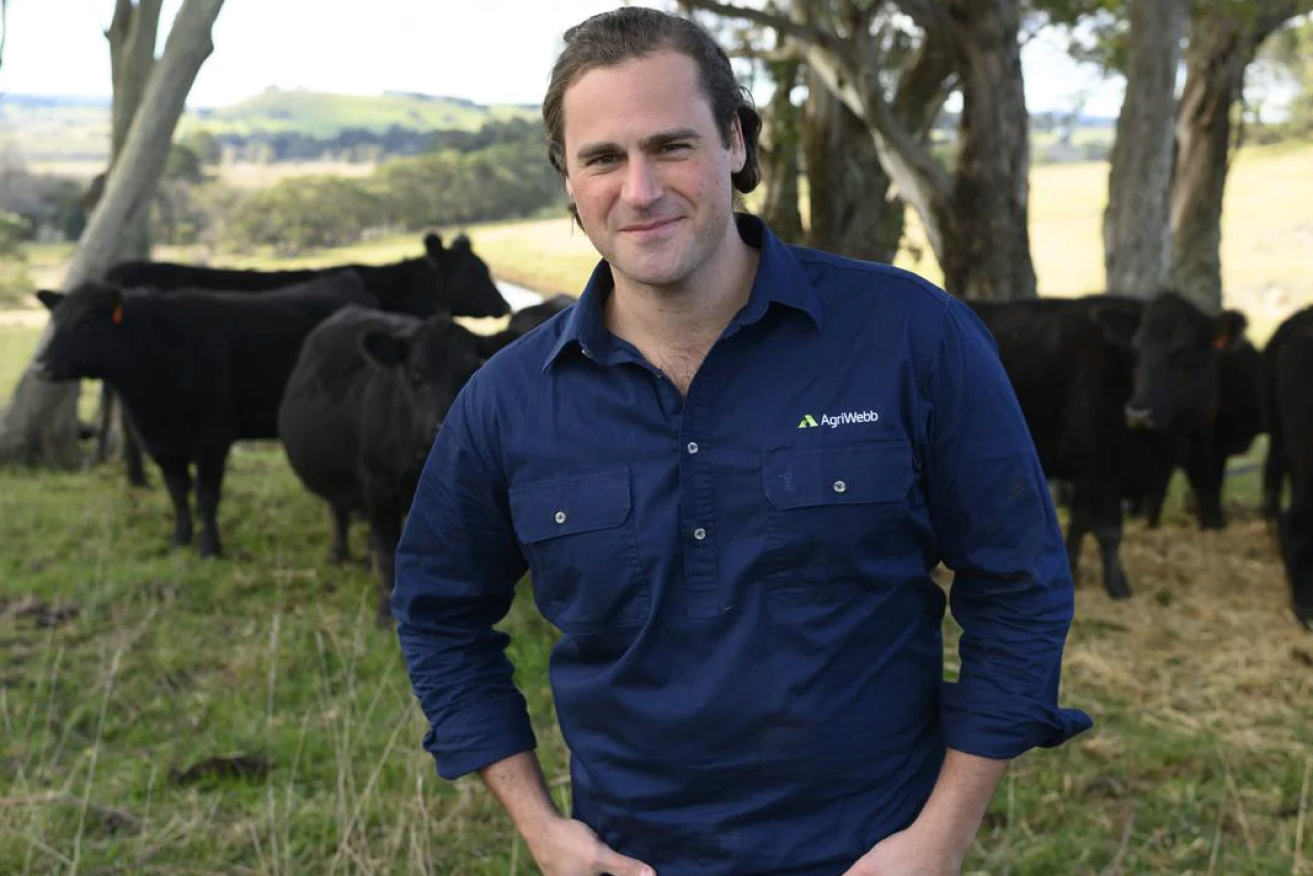Rural rump unmoved by climate shift, but farmers cast an eye to the future
While rural and regional Queensland may have decided to stay with the conservative status quo on Saturday night, farmers are expressing their desire to embrace new technology to drive down carbon emissions in line with the imperatives of the incoming Albanese Labor government.


Agtech trailblazer Justin Webb is excited by the prospect of more farmers adopting technology to drive productivity in a carbon constrained economy. (Picture: Supplied).
The electoral map after Saturday’s seismic ‘climate change’ election shows zero change to the LNP-held seats outside south-east Queensland, plus the sprawling seat of Kennedy in the north-west that stayed resolutely with Bob Katter.
Shayne Neumann in Blair, centred on Ipswich and stretching ‘north’ to the Somerset region, about an hour’s drive from Brisbane, nominally remains federal Labor’s most rural representative in Queensland.
That lack of connection to Queensland’s agricultural base will have some farming groups nervous about what might be coming in the policy pipeline once the wheels of the new Albanese administration – elected on a mandate to act on climate – start to turn.
Nerves were set on edge earlier in the month when the then Labor opposition indicated it would ban live sheep exports, triggering fears in north Queensland, where producers still remain traumatised by Labor’s live export suspension in 2011, that beef cattle would be swept up in the changes.
Albanese has since walked back from the commitment.
But it has left tension, with National Farmers Federation president Fiona Simson unconvinced the new government is up to speed on how modern agriculture systems are operating in regard to new animal welfare protections and environmental compliance.
The Queensland Farmers Federation has opted for a more conciliatory tone, congratulating the ALP and saying it looks forward to working with the new prime minister and yet-to-be-announced agriculture minister.
GrainGrowers chair Brett Hosking said his organisation was “excited” to work with the incoming government on the big issues affecting his members, including climate change and the support of regional communities so they can continue to thrive.
In response to Saturday’s result, Farmers for Climate Action CEO Fiona Davis said deep emissions cuts were needed this decade to protect Australian farmers from extreme weather events, and to ensure they would be able to continue producing food, a reality that was top of mind for rural voters.
“In regional seats across the country, voters backed candidates who backed stronger climate policy,” Davis said.
On the ground, farmers are also voting with their feet when it comes to adopting more smart technology to improve productivity and build more sustainable businesses in the face of climate variability.
The Department of Agriculture and Fisheries has been overwhelmed with interest in its AgTech Roadmap concept launched earlier this month to fast-track new development in the sector and accelerate uptake among farmers and the broader agricultural supply chain.
Workshops held in Toowoomba and Bundaberg have attracted 50 people representing producers, tech companies, universities, training providers, agronomy service providers, industry organisations, and government.
More than 200 people have responded through an online survey and digital collaboration hub which will remain open until June 10.
Workshops in Cairns, Mackay, Emerald and Longreach are starting this week, with the final workshop to be held in Brisbane on June 7.
Agriculture Minister Mark Furner said the initiative was an “exciting vehicle” that would enhance Queensland’s reputation as a global leader in the rapidly developing agtech environment.
“Queenslanders are renowned as early adopters of technology and the ‘AgTech Roadmap’ will not only assist the agriculture industry to keep pace with the rapid growth in technology in the sector, but to maximise its benefits,” he said.
The interest reflects the findings contained in a report compiled in February by AgriWebb, one of Australia’s biggest agtech companies.
The developer of a livestock management software platform used globally, AgriWebb commissioned the report showing 21 per cent of respondents were benefiting from carbon or other natural resource markets, while a further 44 per cent were keen to enter schemes where farmers are paid for their improved environmental performance.
AgriWebb co-founder Justin Webb told InQueensland technology was playing a crucial role in helping farmers achieve their carbon reduction goals without sacrificing productivity.
“The challenge in front of us is that we have to produce 56 per cent more food globally using current production systems for a growing population by 2050 with no more land and other natural resources, but at the same time reduce our current emissions by 70 per cent,” Webb said.
“Technology is therefore positioned to solve productivity problems.”








